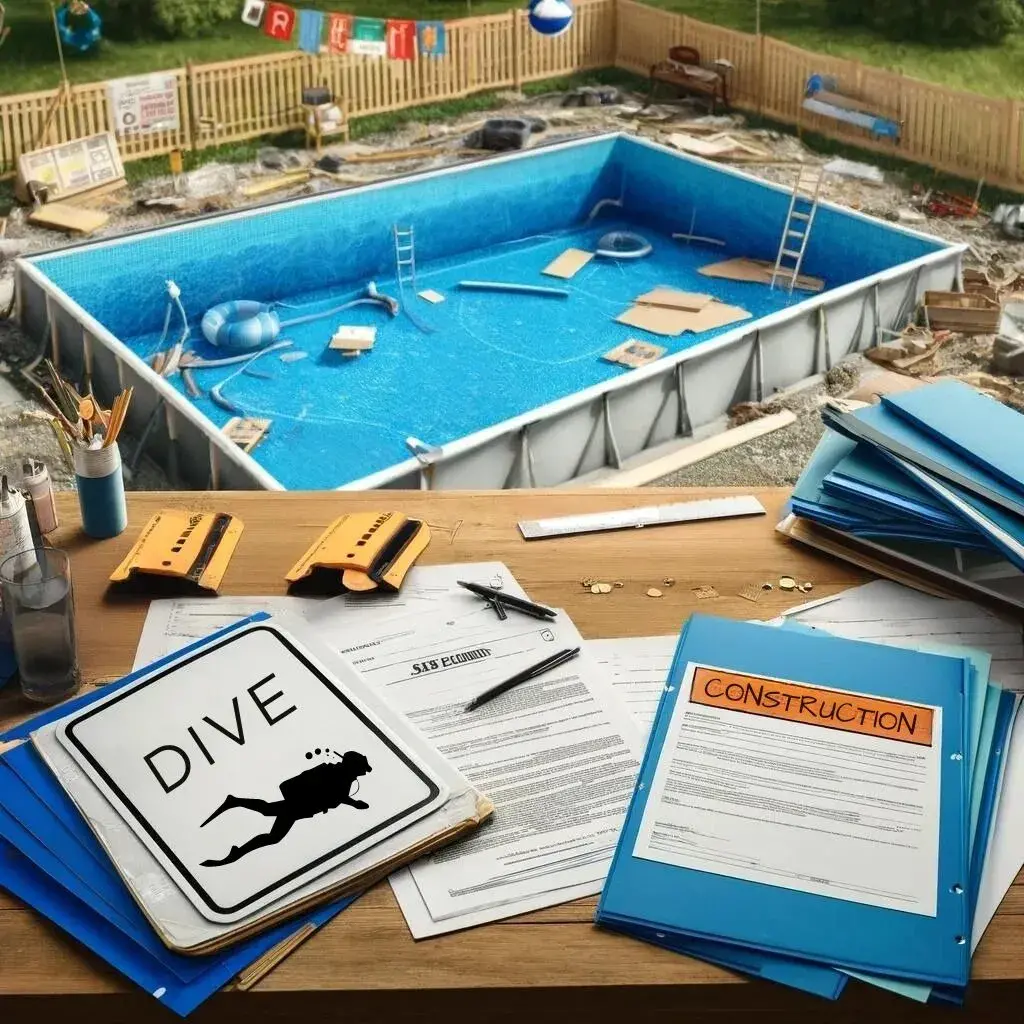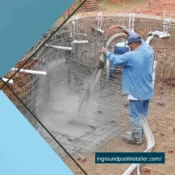Dive Into Compliance: Legal Requirements for Inground Pool Construction

Dive Into Compliance: Legal Requirements for Inground Pool Construction
Whether you're dreaming of a backyard oasis or planning a neighborhood splash pad, understanding the legal requirements for inground pool construction, as guided by a professional inground pool builder, is essential.
You'd be surprised to find out that pool construction involves a lot more than choosing the perfect spot and digging a hole. It's a complex process that intertwines with local regulations, environmental factors, and safety requirements.
You've got to navigate the maze of obtaining proper permits, adhering to safety laws, and ensuring environmental compliance. But what exactly does all this entail?
Stick around, and we'll unpack this together, one layer at a time.
Understanding Pool Construction Permits
To build your inground pool legally, you'll first need to understand the importance and intricacies of obtaining the necessary construction permits. These permits ensure your project aligns with local regulations, zoning laws, and safety standards. They aren't just bureaucratic hoops to jump through; they're designed to protect you, your property, and your community. Without them, you risk fines, legal action, or even having to undo your work.
You'll need to submit detailed plans, including information about your property, the pool's size, location, and design. You should also anticipate inspections during and after construction. It might seem daunting, but don't worry. You're becoming part of a responsible community of homeowners who prioritize safety and legality in their property improvements.
Adhering to Safety and Environmental Laws
Once you've secured the necessary permits, it's crucial to familiarize yourself with the safety and environmental laws relevant to your inground pool project. These laws serve to protect both individuals and the environment, ensuring the pool's operation doesn't adversely impact the surrounding ecosystem or endanger users.
Firstly, you must adhere to safety regulations. These can include fencing requirements, pool depth restrictions, and mandatory safety equipment, all aspects your inground pool builder will be well acquainted with. Non-compliance could result in hefty fines or even closure of the pool.
Secondly, environmental laws must be respected. These often relate to water usage, chemical disposal, and potential harm to local wildlife. Ignoring these laws can lead to serious consequences, both legally and environmentally. By adhering to these regulations, you're not only protecting your investment but also contributing to a safer, greener community.
All Categories
- Concrete
- Concrete
- Concrete pools
- Construction
- Custom Features and Add-ons
- Design
- Design
- Design
- Design & Construction
- Design and Planning
- Features & Customization
- Infinity edge
- inground pool
- inground pool builder
- inground pool installer
- Installation
- Installation Process
- Legal & Administrative
- Materials
- planning and design
- Pool Aesthetics and Customization
- Pool Design
- Pool Equipment
- Pool Features
- Pool Features
- Pool Installation Process
- Pool Materials
- Pool Materials
- Pool Types
- Project Planning
- Renovation
- Resurfacing
- top sights
- Types of Inground Pools
- Types of Inground Pools
- Types of Inground Pools
- Types of Inground Pools
- Water Treatment



